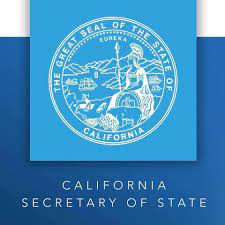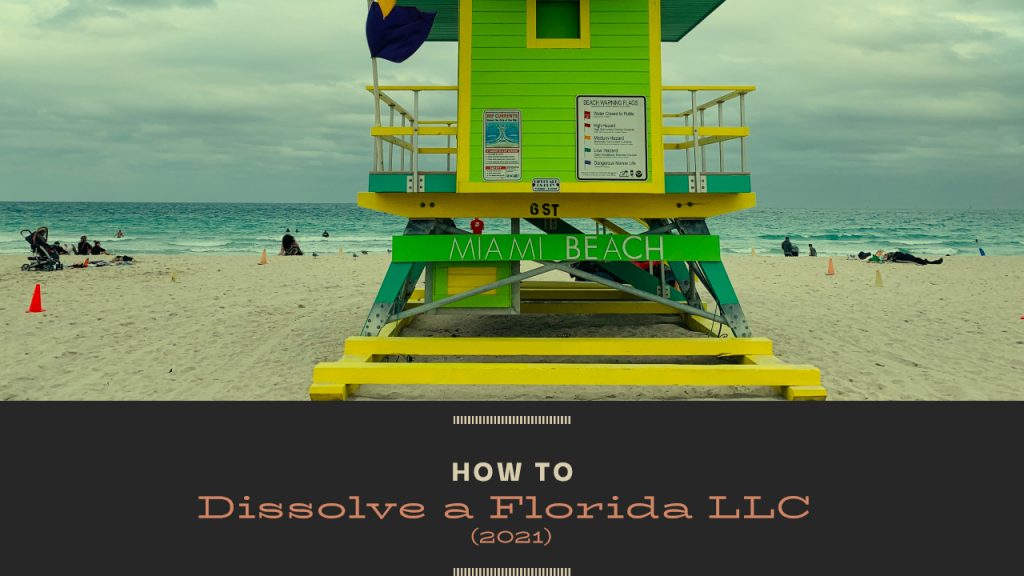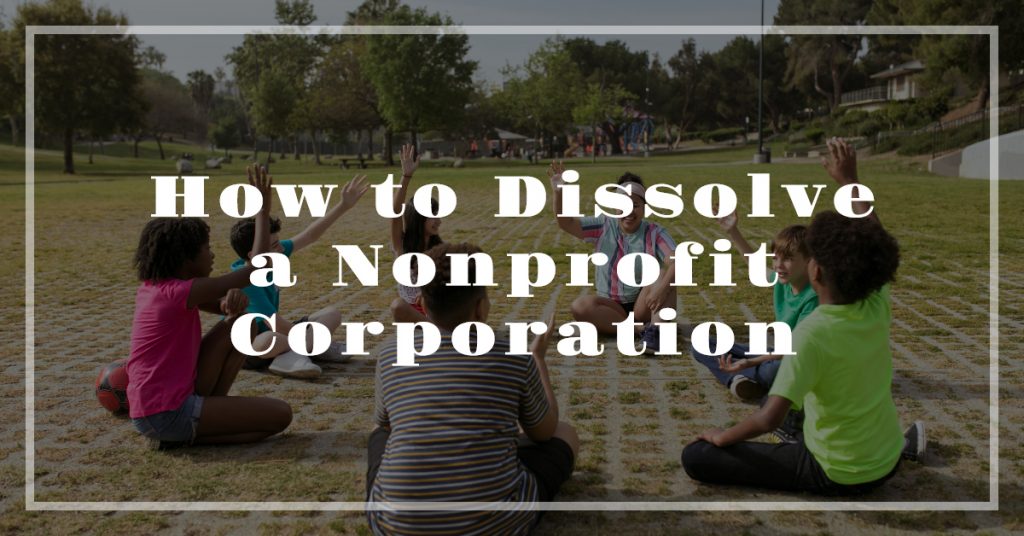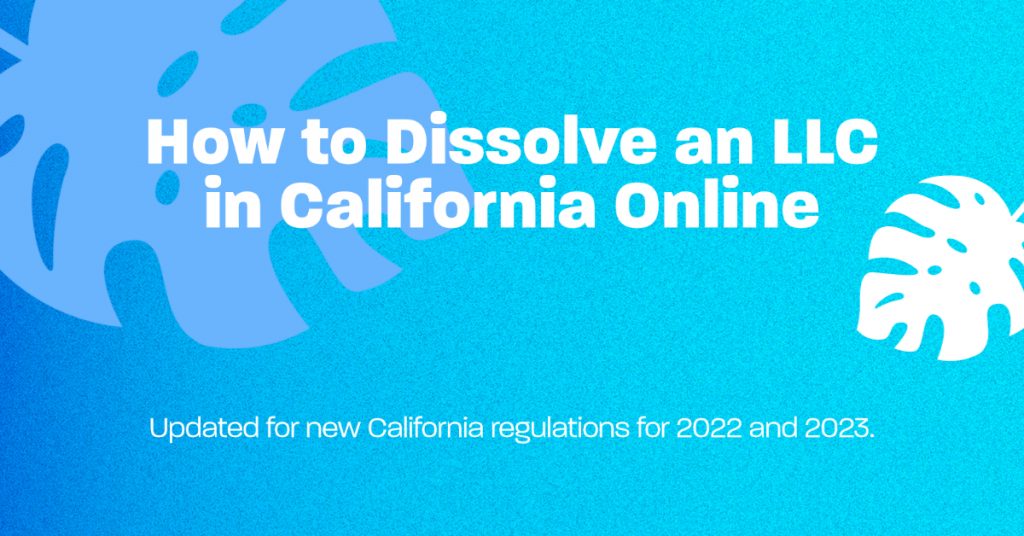
You’ve decided to call it quits and close your California limited liability company (LLC). What are the steps you need to take to be certain that you dissolve your LLC legally, ensuring that you are not personally liable for future taxes, penalties, or interest?
There are many reasons a company may want to cease its existence. Maybe the great idea that kicked off the enterprise was not practical in reality. Maybe the actual running of the company brought out irreconcilable differences in the owners. Maybe it just wasn’t profitable. Or maybe the global pandemic brought your company to its knees. Whatever the reason, legally closing a business requires that certain steps be taken – you can’t just walk away.
Forms must be filed
Every LLC in California that wants to terminate operations in the state must file a Certificate of Cancellation with the Secretary of State (SOS). In limited circumstances, a Short Form Cancellation Certificate may be filed. Not every LLC needs to file a Certificate of Dissolution, but every limited liability company that wishes to stop doing business in California must be in good standing with the SOS. If your LLC has been suspended or forfeited, it must go through the revivor process to legally cancel its operations.
How do you revive your LLC?
According to the Franchise Tax Board of the State of California, the following requirements must be met in order to revive your LLC to begin the process of dissolution:
- File all delinquent tax returns.
- Pay all delinquent tax balances, including penalties, fees, and interest.
- File a revivor request form.
Your LLC is in good standing. How do you proceed to dissolve your business?
Dissolution is when the members of your LLC start the process of closing down your company. The dissolution process includes sending a notice to your creditors, “winding up” company business and filing a final tax return with the Franchise Tax Board.
What is your first step?
First, the members of your LLC should vote to determine if there is accordance that the company should be dissolved. Like many marriages, when you first formed your LLC, the owners of your company may have entered into a “pre-nuptial” agreement to make it easier to untangle your business in the future. The Articles of Organization (Form LLC-1) or the written Operating Agreement of your LLC describes the procedure to follow and how many members must vote in favor of dissolution.
If you did not include a dissolution procedure when forming your LLC, or if all members do not agree to dissolve, the California LLC Act gives you the ability to dissolve your LLC with the concurrence of 50 percent or more of the owners. Take a vote and document the result in your official meeting minutes or by a written resolution.
Do you need to file a formal Certificate of Dissolution?
If the vote was unanimous, you do not have to file the Certificate of Dissolution (Form LLC-3) and can start to “wind up” your business. However, if some members did not agree to dissolve but at least 50 percent did vote to proceed, you must file the Certificate of Dissolution with the Secretary of State. Form LLC-3 gives notice that your LLC has chosen to wind up its business and is in the process of paying liabilities and distributing assets. There is no charge to file the Certificate of Dissolution, but you can expedite it in person for a $15.00 non-refundable drop-off fee at the counter of the SOS office in Sacramento.
After formally dissolving your LLC, how do you wind up?
Now that your LLC is no longer doing business, it’s time to wind things up. According to the California Revised Limited Liability Company Act, the people in charge of winding up the affairs of your LLC must give written notice by mail of your intent to go out of business to all known creditors and claimants whose addresses appear on the records of the company – this includes vendors, suppliers, clients, and employees. You may also need to notify landlords, banks, utilities, accounting firms – any entity doing business with your LLC. Close your business checking account and credit cards. Cancel any licenses, permits, or fictitious business names. You might also publish a statement in a local newspaper notifying interested parties that your LLC is no longer doing business.
Pay off debts
Before allocating any funds or assets to the members of your LLC, the first priority should be to pay off debts to your creditors, unless your Operating Agreement gives different instructions. If a member is also a creditor to whom the LLC owes money, that member’s debt should be paid.
Now it’s time to file the Certificate of Cancellation
California requires that every LLC file a Certificate of Cancellation (Form LLC-4/7) after you finish winding up. If your LLC was registered in California within the last 12 months and did not conduct any business from the date of registration, you may be able to file the Short Form Cancellation Certificate (Form LLC-4/8), if you meet certain other obligations.
Otherwise, you must file the Certificate of Cancellation signed by the managers or authorized person of the LLC, which declares that “all final returns required under the California Revenue and Taxation Code have been or will be filed with the California Franchise Tax Board.” If you do not need to file the Certificate of Dissolution because of unanimous consent to dissolve the LLC, you should indicate that by checking the box on Form LLC-4/7.
File your final tax return with the Franchise Tax Board
Unless you file a final tax return with the Franchise Tax Board (FTB), your LLC will still have to pay the annual $800 minimum franchise tax required by California. To file the final tax return of your current year, write “FINAL” at the top of the first page of the return and check the “Final Return” box. You can file the final tax return before filing your Certificate of Cancellation, but your dissolution documents should be filed with the Secretary of State within 12 months of filing the final return with the FTB. Your LLC must stop doing business or transacting in California before the last day of the final taxable year.
The unexpected economic disruption caused by the global pandemic caught many companies by surprise. Closing a business enterprise can trigger a wide range of emotions, from sadness and regret to relief – but leaving loose ends may haunt you in the future. By taking the appropriate actions to dissolve your LLC legally, you can make a fresh start and move forward with confidence to your next enterprise.
Dissolve Your California LLC Now!





0 Comments